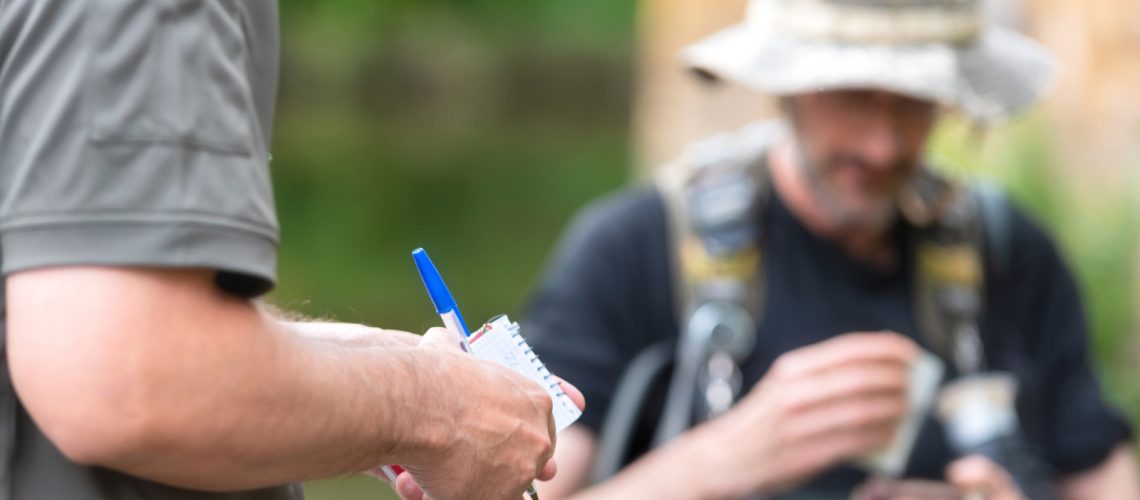Going fishing provides excellent bonding time with nature and other fishing buddies. In most states and areas, you do need a fishing license to fish.
How Do Fishing Licenses Work?
Where you intend to fish determines the type of fishing license you’ll need.
Possessing a saltwater fishing license does not indicate a person has the right to fish in freshwater lakes; the same applies to fishing in streams of water. Also, just because a person has a freshwater fishing license doesn’t necessarily mean the person can fish in areas with salt water.
In some states, you’ll need both a saltwater and freshwater license to fish. Some states combine both types into single licensure, meaning an angler can use their fishing license to fish in both freshwater and saltwater bodies of water. Other states have minimal licensure requirements, such as California, where you don’t need a license if you fish from a public pier.
Some states, like Louisiana, have various types of licenses for different types of fishing equipment. For example, fishers in the state who fish for crawdads on a recreational basis don’t have to possess a basic fishing license or a gear equipment license. However, if fishing for crawdads on a non-recreational basis in Louisiana, you’ll need gear equipment licensure for everything from your bait seines to your dip nets.
Are There Discounted Fishing Licenses?
Various types of licensure exist for different people. Many states offer a discounted fishing license to anyone under the age of 18 years. Many states also offer discounted fishing licenses to veterans and the disabled. Depending on the person and state, free licensure is often available to seniors, but licensure is STILL required and must be obtained (even though it’s free).
Can I Take My Child Fishing?
Almost all states make it simple to take your child fishing. In Florida and California, if the child hasn’t yet reached their 16th birthday, they can go fishing without a fishing license. However, if you take the child, you must possess licensure (if you’re over 16).
In Texas, if your birthday was before January 1, 1931, you don’t need a fishing license to fish.
Do I Need a Catch and Release Fishing License?
You’ll need to check your state’s guidelines to see whether a fishing license is required for catch and release fishing.
Money from fishing licenses doesn’t pay for the fish you catch. The money is used by the federal and state government for the upkeep of the land and waters in which you fish. This is why some states make you get a fishing license whether you intend to keep the fish or put them back.
Can I Fish on Private Property Without a License?
To determine whether you need licensure to fish on private property, you must check your state’s rules and regulations. Generally, the state won’t bother you when fishing on private property, even if you don’t have a fishing license.
On the other hand, this doesn’t give you the right to fish on any piece of private property. You must ALWAYS have permission from the landowner, regardless if you have licensure.
Can I Use Fishing License in Every State?
Not all states honor other states’ fishing licensure, rules, regulations, and requirements. Generally, most states will accept licensure from another state if you fish in a body of water shared between the two states.
How to Get a Fishing License?
Most states allow you to buy a fishing license online. Some government buildings sell them as well. To get a fishing license, you’ll need a valid photo ID as well as documentation showing proof of residency, such as a piece of mail with your name and address on it.





